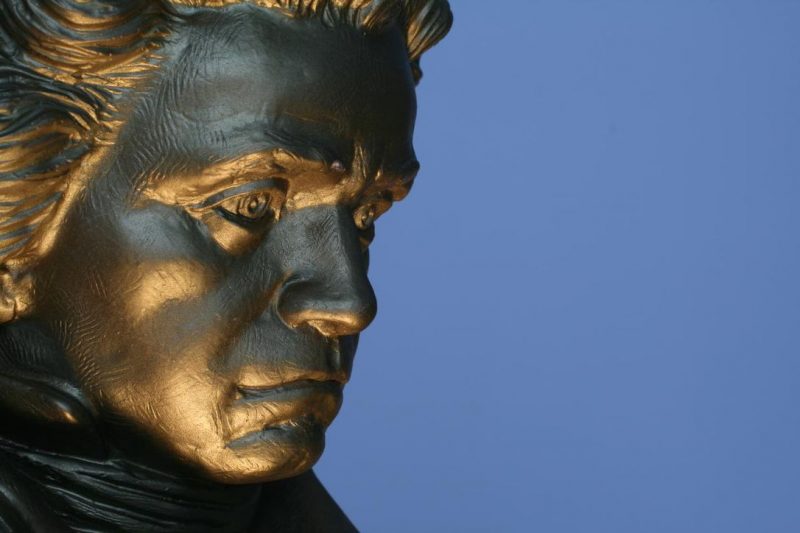14 Ιουνίου 2019 στην κατηγορία
by John Terauds
This is the first instalment of The Heretic, a series in which our writers express a wildly unpopular opinion.
It is a rare piece of music — any kind of music — that can bolster good as well as evil intentions. One classical work in particular has an uncanny, seductive power to become exactly what its fans want it to be.
When the Canadian Opera Company opened the doors to its new opera house in 2006, the gala concert included “Ode to Joy,” the last movement from Ludwig van Beethoven’s Symphony No. 9.
Music director Peter Oundjian has chosen the whole, 75-minute-long composition to cap and celebrate his 14 years with the Toronto Symphony Orchestra on June 28, 29 and 30.
Adolf Hitler adored the Ninth Symphony. Musicians waiting for their deaths in Nazi concentration camps were ordered to play it, metaphorically twisting its closing call to universal brotherhood and joy into a terrifying, sneering parody of all that strives for light in a human soul.
More than four decades later, Leonard Bernstein conducted several performances to celebrate the fall of the Berlin Wall, substituting the word “freedom” for “joy” in Friedrich Schiller’s 1785 poem to which Beethoven’s movement was set. And Emmanuel Macron chose this music as the backdrop for his victory speech after winning the French presidential election last year.
Western classical music usually thinks of itself as being apolitical. But the Ninth is political. Beethoven saw it as political when he wrote it in the early 1820s. And his fellow Germans, looking for a sense of identity, embraced it with fervour.
Beethoven’s Ninth became the musical flag of Germanness at a time when nationalism was a growing force in all of Europe. It also became a Romantic monument to the artist (Beethoven, in this case) as a special creature worthy of special treatment.
Franco-Argentine scholar Esteban Buch analyzed these intersections and the good-evil paradox in an insightful book, Beethoven’s Ninth: A Political History. Buch argued that the Ninth was the right piece of music at the right time — socially, politically and aesthetically.
But from today’s perspective we know that unilateral calls to world brotherhood in joy have a flip side, which is tyranny. We appreciate now more than ever that joy is accessible to everyone only if some people are taking antidepressants.
We live in a time no more peaceful than Beethoven’s. Our conflicts today pit the great traditions and ways of thinking of the 19th century against a (hopefully) freer, more spontaneous, more shared, more inclusive 21st century.
We have the 19th-century ideal of strength in unity — expressed in the “Ode to Joy” — scraping up uneasily against a 21st-century ideal of strength in diversity. The change in perspective makes some people afraid and angry. It makes others hopeful and optimistic.
Until we see whether we can achieve a paradigm shift or whether we fall back into something like the genocidal chaos of the mid-20th century, I think we should press pause on Beethoven’s Ninth.
I, personally, would be satisfied to never hear it again.
Am I saying we should destroy an icon? Of course not. We should treat it as any other piece of fine art — and take time to appreciate how difficult it actually is to parse.
Besides, shouldn’t we be encouraging — and showcasing — Canadian composers who might be able to galvanize us into attention with something homegrown?
Beethoven’s Ninth has three long movements before the “Ode to Joy” finale, each filled with contrasts and discontinuities. The Ode itself shouts its message at us unrelentingly, insistently, sometimes more as a taunt than an exhortation.
Don’t we have enough shouts and taunts in our world? Let’s stash Beethoven’s musical rant down back up in the pantheon of musical treasures and give other works some ear time instead.
Via
